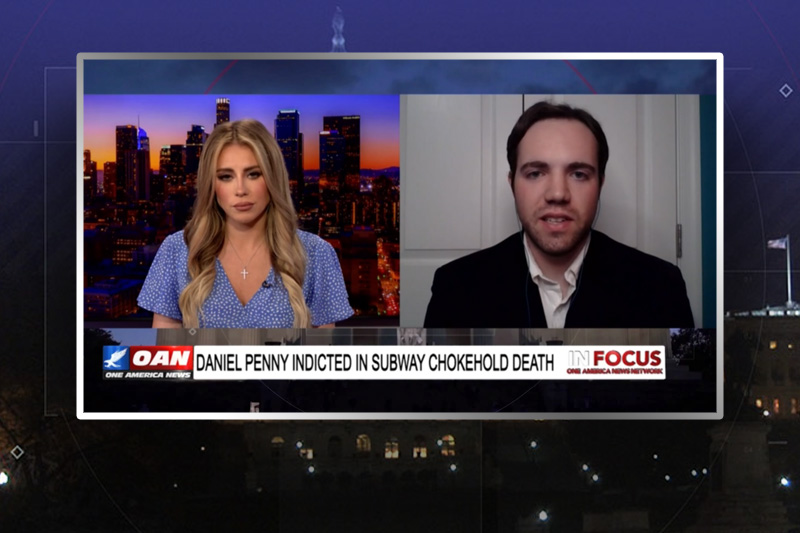‘Spirited’ Falls Flat Because ‘A Christmas Carol’ Doesn’t Work Without Christianity At The Center
In the original “A Christmas Carol” by Charles Dickens, Ebenezer Scrooge was a miserly, bitter employer utterly devoid of compassion and mirth. He symbolized the very antithesis of the Christmas spirit and thus needed great reform. To achieve this, three ghosts come to visit him, showing him his innocent past, his miserable present, and his hopeless future. By the end of it, he comes to realize what he has become and repents, resolving to do good to others and stop being such a “Scrooge.”
The story is a classic because it can easily be applied to any time, whether it is Victorian England or present-day America. One can imagine an updated version of “A Christmas Carol” featuring a money-hungry Big Tech billionaire marketing an addictive app to kids, neglecting the people around him, and becoming a paranoid loner during the Christmas season. Or perhaps he could be the owner of an online retail monopoly, shutting down small businesses and exploiting his workers while he celebrates Christmas alone on his private space shuttle.
However, these examples only work if one accepts Dickens’ Christian values, which casts Christmas as a time of generosity, kindness, and rest. When those values are replaced with positivity, decency, and fun, the whole story of “A Christmas Carol” changes dramatically for the worse.
Such is the case with Apple TV+’s new movie “Spirited,” a musical comedy starring Will Ferrell and Ryan Reynolds. Reynolds plays a PR consultant Clint Briggs who manipulates audiences by fabricating narratives, stoking online outrage, and pitting various groups of people against one another. He is profoundly cynical yet charming and handsome — his character actually seems like a knockoff of Joel McHale’s Jeff Winger in “Community.” Will Ferrell plays the Ghost of Christmas Present, who insists on saving Clint even though the spirit world has deemed him “unredeemable.”
Although the film makes a big point of Clint being an annoying jerk without much of a conscience, it’s unclear how exactly he qualifies as a Scrooge. He doesn’t directly hurt anyone, nor does he horde his riches or reject Christmas. He actually pays his workers competitively and hosts Christmas parties. As he says multiple times throughout the movie, he only gives people what they want, which is true. If anything, his biggest fault, if anything, would be his lack of interesting qualities.
This makes his “redemption” equally unclear. What exactly does Clint need to change about himself? Instead of recommending a full conversation to a charitable way of life, the ghosts haunting Clint seem to suggest that he should stop being a cynical weasel, stop advising his niece to cyberbully her classmate, and start using his powers of manipulation for good. Like the original story, they make these points by recreating scenes from the past, present, and future that are intended to provoke a desire to change.
Except, rather than casting these scenes as a metaphor for God’s judgment of sinners, the movie shows (and Clint explicitly remarks) that they are simply tools for
" Conservative News Daily does not always share or support the views and opinions expressed here; they are just those of the writer."





